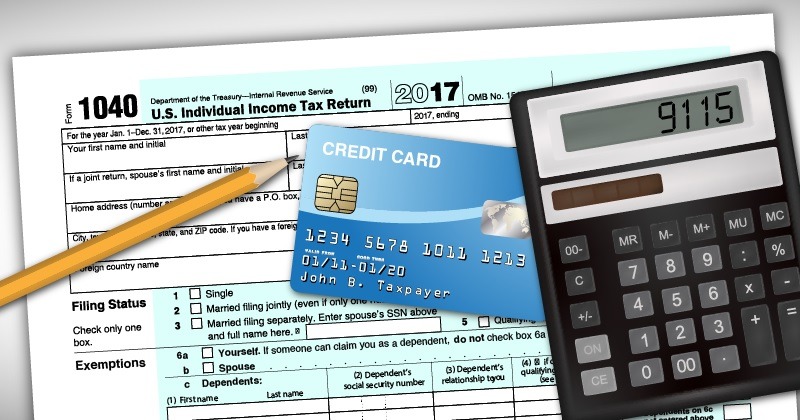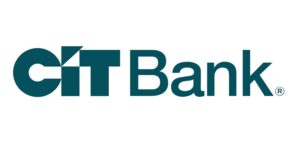
As a credit cardholder, have you ever wondered if the rewards you earn are considered taxable income? It’s normal to assume that the rewards we earn must be taxable, but generally, you do not have to perform a yearn end calculation for those rewards or check where they go on your tax return.
However some exceptions exist, so make sure to read the fine lines regarding your contract with your credit card issuer. Continue reading below to see whether or not the rewards you earn from your credit card should be reported and taxed as income!
What the IRS has to say about it
According to the announcement made from the IRS that:
“Consistent with prior practice, the IRS will not assert that any taxpayer has understated his federal tax liability by reason of the receipt or personal use of frequent flyer miles or other in-kind promotional benefits attributable to the taxpayer’s business or official travel.” [1]
Meaning that the IRS takes the position that this also includes cashback, since you’re getting rebate on money you spent. You don’t have to pay taxes on cashback rewards systems anymore than you would have to pay on that rebate you got when you bought an appliance.[2]
An Exception
You might have to pay taxes if you don’t make a literal transaction, like for instance if the card issuer offers you a referral bonus. For example, if you got $800 to open an account and that money is credited to your account before you even get to use the card. This issue will more likely deal with bank accounts rather than credit cards, so will these gifts be reported as income?
The form 1099-INT is requited when interest earned exceeds $10 in a year. Even if you don’t receive the form, you are still required to report that income if it’s worth $10 or more. [3]
Depending on the bank and how it classifies your bonus, there’s a chance you will receive a 1099-MISC. That form is required when you receive anything in value over $600 from certain lender.But sometimes a lender will send out the form even if your bonus is less than $600. Do note that some issuers include warnings in their contracts that this might happen.
Business Purchases
The same rule usually applies to business credit cards as well, but there is also something else to keep in mind with business cards and taxes.
If you own a business credit card, a good rule of thumb is that any rebates on purchases are subtracted from the costs, reducing the amount the amount that you can claim as an expense. You don’t have to claim as income, according to the IRS, “the receipt or personal use of frequent flyer miles or other in-kind promotional benefits attributable to the taxpayer’s business or official travel.”
So you can personally use rewards earned on business accounts without having to pay taxes on them, but you still have to subtract the amount from any tax deduction you claim for your business. [4]
Can you give these rewards away?
If you don’t find yourself using the cashback, but wanting to gift it to a charity? Are you able to claim a tax deduction for it, if you chose to do that?
The answer is no since the IRS recognizes the rewards points and miles as a gift or a rewards from the corporation to the individual. So the points and frequent flyer miles donated to charity are not considered tax-deductible. The deductible amount is lesser than the fair market value of the item basis since you didn’t purchase them. So it’s not a legitimate deduction.
So make sure to be aware, as a taxpayer, that some credit card companies give you the option to send the money to a charity rather than having it applied to you card balance, but note that the IRS isn’t going to let you write it off.
 |
 |
Bottom Line
As a credit cardholder, make sure to check with a tax professional if you think that you might owe taxes on any bank account or credit card bonuses you’ve received, especially, if you get any 1099 forms from the bank or credit card issuer.
If you ever need help since it can be a little confusing, ask an accounting to help you determine whether you owe taxes or not. While you’re here on HMB, you can check out out Master Bank Guide for any additional resources regarding your banking needs!




Leave a Reply